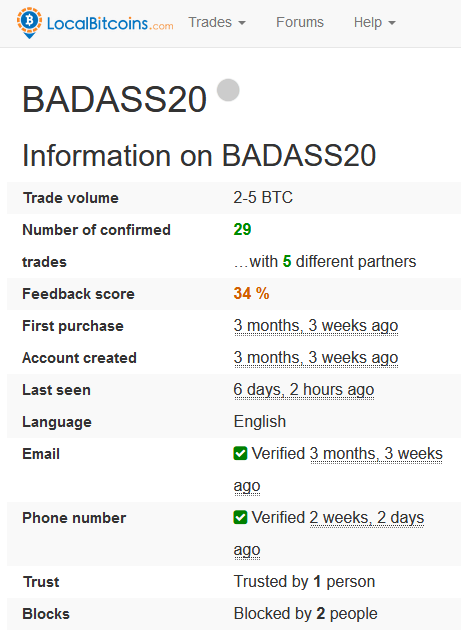One of the fundamental aspects of money is that its origins are irrelevant for its use or value (Pecunia non olet), also called fungibility. Simply put, one shouldn’t face charges if someone used ill-gotten funds to buy something from oneself. This principal is now under question in Kenya where three bitcoin traders have gotten into trouble with the law for unknowingly dealing with an alleged criminal.
Also read: Gold Mining Company’s Shares Jump 1,300% After Switch to Bitcoin
The Charges
 Emma Kariuki, Stanley Mumo and Timothy Gachehe were brought before the Kenyan federal court in Nairobi on conspiracy to commit a felony charges last week. The three are accused of participation in the theft of 10.2 million Kenyan shillings from a local bank and M-pesa (African mobile payments service operator).
Emma Kariuki, Stanley Mumo and Timothy Gachehe were brought before the Kenyan federal court in Nairobi on conspiracy to commit a felony charges last week. The three are accused of participation in the theft of 10.2 million Kenyan shillings from a local bank and M-pesa (African mobile payments service operator).
This money was allegedly robbed from I&M Bank and Safaricom Pay (Bill No 517822). Part of it was then sent to the bank accounts of the three defendants.
According to a news report from the country, the Kenyans deny any involvement in the heist. Apparently they have been trading bitcoin for fiat on Localbitcoins for the past five years and the transfers from the alleged bank robber were just another payment for a deal, as far as they knew. They even have the chat transcripts to prove that they sold Ƀ1.2 to Localbitcoins user ‘BADASS20’ in exchange for the stolen loot.

The three posted bail of half a million Kenyan shillings in cash and were released until an hearing set for January 18. Their bank accounts were also frozen. The investigative authorities have not yet identified who is behind the ‘BADASS20’ moniker.
Dangerous Precedent
 Unlike large financial institutions that can employ costly and vast arrays of lawyers in regulatory compliance departments, individuals can not be expected to have AML and KYC procedures for dealing with other people.
Unlike large financial institutions that can employ costly and vast arrays of lawyers in regulatory compliance departments, individuals can not be expected to have AML and KYC procedures for dealing with other people.
If the three will be found to unknowingly have helped a bank robber with evading the law or laundering his spoils but are still convicted, it could create a chilling effect on bitcoin use in the country.
Many Kenyans have so far benefited from bitcoin as can be seen from its growing use in the country. Just recently a Kenyan miner made headlines around the world when he described the cryptocurrency as “the biggest wealth-distribution system ever.”
How would you defend yourself in such a case? Tell us what you think in the comments section below.
Images courtesy of Shutterstock, Localbitcoins.
Do you like to research and read about Bitcoin technology? Check out Bitcoin.com’s Wiki page for an in-depth look at Bitcoin’s innovative technology and interesting history.
The post Three Kenyans Face Felony Charges for Selling Bitcoin to a Bank Robber appeared first on Bitcoin News.














